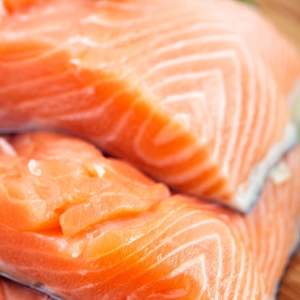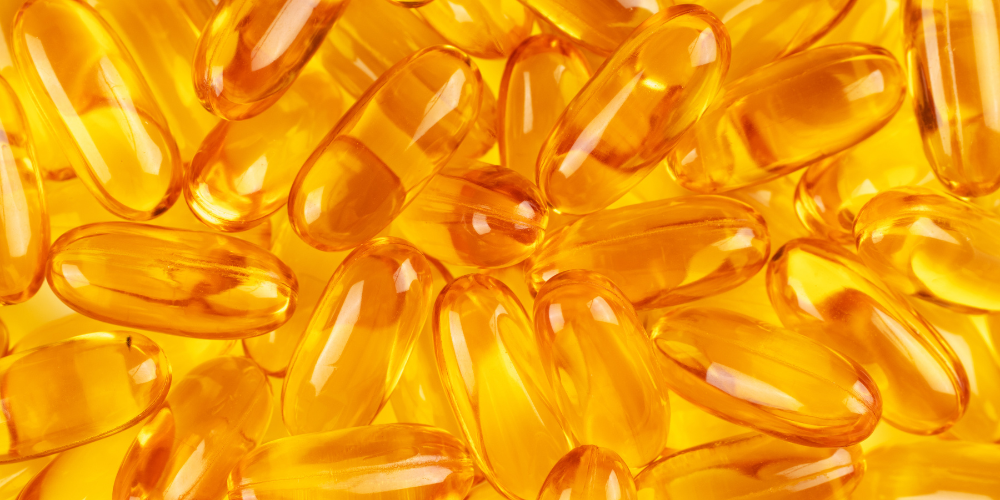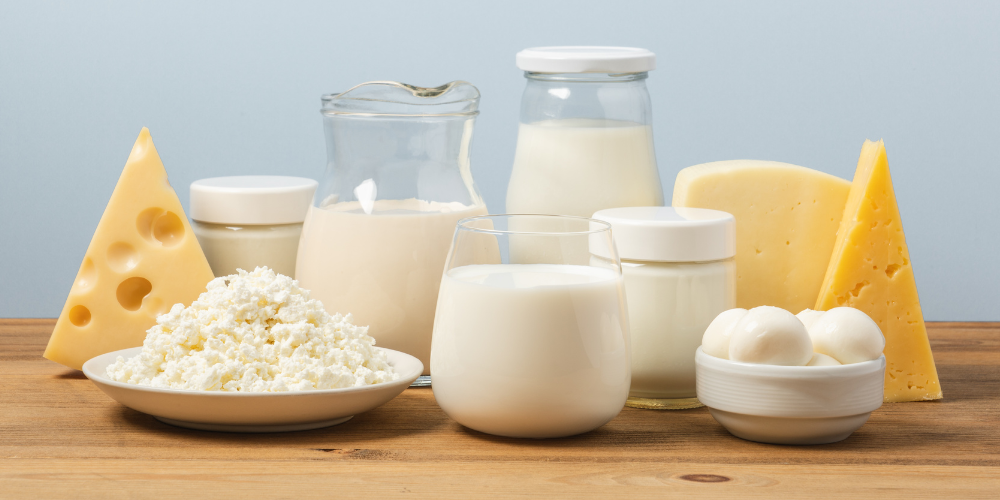Vitamin D is a crucial nutrient that plays a vital role in maintaining healthy bones, teeth, and muscles, and it is also essential for immune system function. Unfortunately, vitamin D deficiencies are quite common, and many people may not be getting enough through their diet alone. Thankfully, there are several foods that are rich in vitamin D. By understanding how to best absorb it, you can ensure you’re maximising its benefits.
Why Vitamin D is Important
Vitamin D helps your body absorb calcium, a mineral necessary for bone formation. Without enough vitamin D, bones can become weak and brittle, increasing the risk of fractures. In addition to bone health, vitamin D supports immune system function, mood regulation, and may even play a role in reducing the risk of chronic diseases like diabetes and heart disease.
Top Foods with Vitamin D

Fatty Fish (Salmon, Mackerel, Sardines, Tuna)
Fatty fish are among the best natural sources of vitamin D. Find recipes with Salmon here!

Cod Liver Oil
Just one tablespoon of cod liver oil contains over 1,000 IU of vitamin D, making it one of the richest sources available.

Egg Yolks
While egg whites contain little to no vitamin D, egg yolks are a good source. One large egg yolk provides around 40 IU of vitamin D.

Dairy Products (Milk, Yoghurt, Cheese)
Some dairy products naturally contain small amounts of vitamin D, while others are fortified to boost their content.
HOT TIP
How to Best Absorb Vitamin D
Vitamin D is a fat-soluble vitamin, meaning it’s best absorbed when consumed with healthy fats like avocado, olive oil, nuts, or fatty fish. Spending time in the sun is also essential, as your skin produces vitamin D upon exposure to sunlight—typically 10-30 minutes several times a week.
Vitamin D – The Bottom Line
Vitamin D is essential for strong bones, muscles, and overall health. While sunlight is the best natural source, including vitamin D-rich foods like fatty fish, eggs, mushrooms, and dairy in your diet can help maintain adequate levels. Pairing these foods with healthy fats and ensuring sensible sun exposure can enhance absorption, keeping your vitamin D levels optimal year-round.
